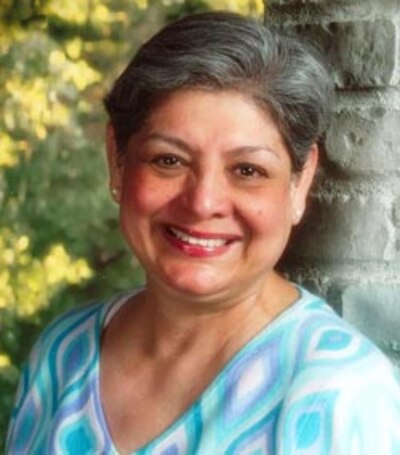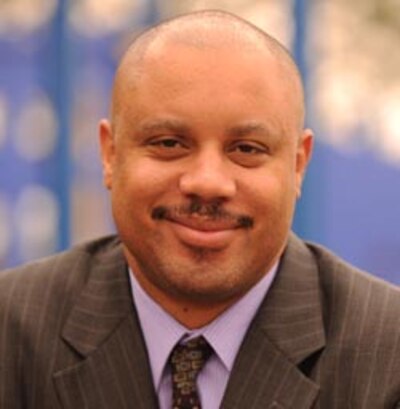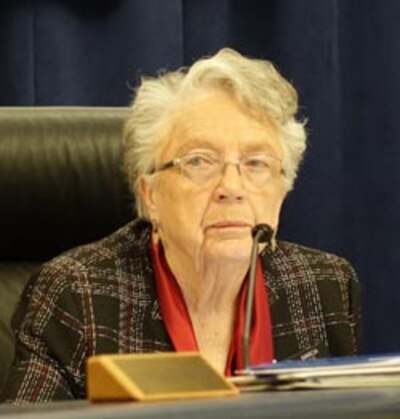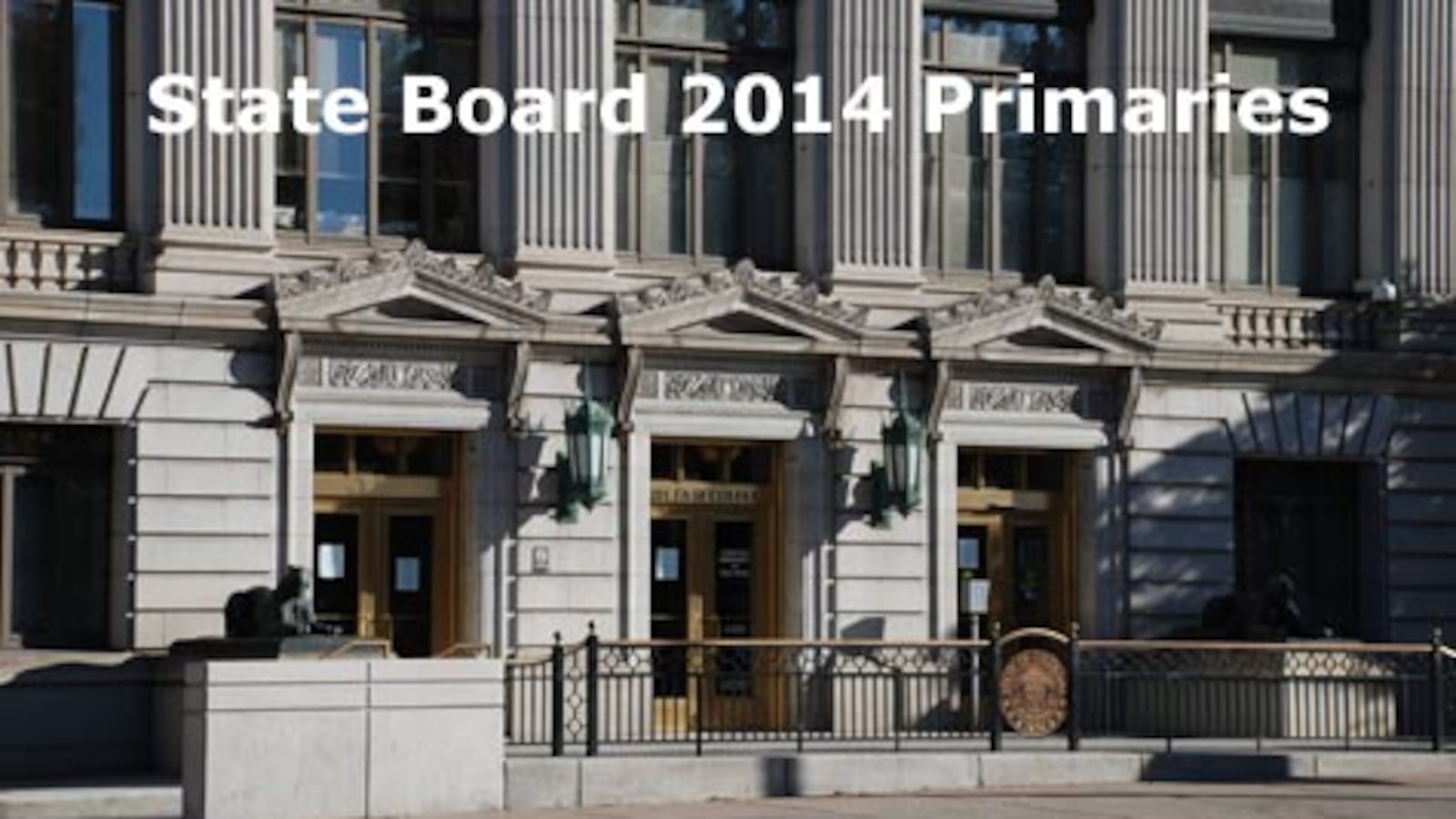Two quiet primary races that will be decided next week will help shape the face of the State Board of Education.
Democrats and Republicans this year both have primary fights for seats on the board, positions that traditionally are among the state’s lower-profile elected offices.
All the candidates in the June 24 election have views on high-profile education issues such as Common Core, testing and reform, but – as usual – the campaigns are low-key and have little visibility for the average voter or even for many education professionals.
Democrats Valentina Flores and Taggart Hansen are vying to succeed Elaine Gantz Berman in the 1st District, which includes Denver and a slice of northern Arapahoe County. The race has the familiar union vs. reform flavor that has characterized recent Denver Public Schools board races.
In the sprawling 3rd District, which covers all of the Western Slope from Glenwood Springs west but also covers the San Luis Valley and Pueblo County, Republican incumbent Marcia Neal is facing a challenge from political newcomer Barbara Ann Smith. Both candidates are retired teachers and are critical of the Common Core Standards, but with individual nuances.
While the candidates have a wide variety of opinions, those finally elected to the board next November won’t necessarily have the ability to easily put those into action. In Colorado the legislature and the governor are the primary drivers of broad education policy, an unending source of frustration to some SBE members. The board has a largely regulatory role, although members undoubtedly will have a voice in continuing debates on standards and testing.
And the board that takes office in January 2015 will face significant and difficult decisions about how to handle struggling districts and schools that reach the end of the five-year accountability clock starting in July 2015.
For some voters, the election is done because they’ve already mailed their ballots. The Department of State reported Wednesday that 343,933 ballots already have been returned, 142,570 Democratic and 198,213 Republican. (See list by counties here.)
1st District
Both candidates have professional campaign managers, but Hansen has a distinct fundraising edge, supplied by many of the same contributors who ponied up to support more accountability-minded candidates in past Denver Public School board races.
The primary winner will be the district’s next board member, as there is no Republican candidate in the heavily Democratic district. Incumbent Berman chose not to run for reelection.
Valentina Flores

Flores is a critic of what she calls the corporatization of public education, writing on her website, “ I oppose a ‘reform’ model that is slowly privatizing our public education system.”
She argues that the last decade of educational change in metro-area districts has “steadily undermined this beacon of equity – public schools. … While there is a place for charter and innovation schools, we must not allow these ‘reforms’ to continue to undermine our commitment to traditional public education offerings. As in all things, we need a balance that provides the best opportunities for all children in Colorado.”
In an interview with Chalkbeat Colorado, Flores also was critical of the Common Core Standards and of standardized testing.
“I think Common Core has issues, a lot of issues,” she said. Moving onto the subject of testing, she said, “I really do think standardized tests do not really get at what kids know. Teachers know so much more about individual students. … We need to slow it down.”
If elected to the board, Flores said she will push for expanded early childhood education – “I believe in universal early childhood education” – and improved teacher preparation, especially in how to teach reading. She also wants to advocate for improved graduation rates for minority students and foster great multi-cultural understanding in schools.
She said she “possibly” could find common ground with Republican SBE members on content standards and testing.
Flores also is concerned about what she sees as attacks on teachers. “I think we’ve been killing the profession,” she said. “There is no respect for teachers.”
As for her opponent, Flores says, “I don’t think he knows education.”
Finance notes
- Flores fundraising through June 11: $19,692 (contributions and non-monetary)
- Interesting contributors: Public Education Committee, a CEA-related group ($2,250); DCTA Fund ($4,500); DPS board member Arturo Jimenez; former board member Jeanne Kaplan; past board candidates Emily Sirota, Jacqui Shumway, Mary Margaret Schomp and Roger Kilgore; former Democratic legislators Judy Solano and Evie Hudak. Also endorsed by American Federation of Teachers.
Taggart Hansen

Hansen likes to tell a story about his experience at Denver’s Morey Middle School, where he says black students were tracked and his parents had to pressure the principal to put him into more challenging classes.
“That’s why I’m running for this seat,” he said in an interview, saying that pushing for equal opportunities for all students and setting high expectations are his top goals. “Where we set the bar really matters.”
Hansen also says his two years with Teach for America in Pasadena, Calif., had an important effect on him. He said that while he wanted to be a lawyer since he was in high school, his TFA experience “has profoundly affected everything I do.”
He’s been active in educational issues for various non-profit groups and doesn’t see his relative lack of professional experience as a problem. “I’ve always had my pulse on education. I can learn it; I’m a quick study.”
Hansen seems to have a realistic view of the SBE’s role, noting that “the State Board does whatever the legislature tells it to.” He said he wants to use a seat on the board as bully pulpit. “It’s about having a really strong voice for equity,” he said.
While he notes the board can’t do much itself about school funding, he said, “the funding issue for our schools is the next great civil rights issue.”
Hansen said he supports the Common Core Standards because they are stronger than previous state standards and because they set the same goals for students across the nation.
He’s a bit more nuanced on standardized testing but doesn’t support Colorado pulling out of the PARCC tests. He said debate about testing “is a legitimate conversation to have” but that any changes in current state testing plans probably are a matter of “modifying, tweaking.”
Hansen and his wife have two daughters who attend the Denver School of Science and Technology.
Finance notes:
- Hansen fundraising through June 11: $36,386 (contributions, loans, non-monetary)
- Interesting contributors: Stand for Children Small Donor Committee ($4,500); Democrats for Education Reform Small Donor Committee ($600); Democratic SBE members Elaine Gantz Berman and Angelika Schroeder; former member Gully Stanford; current DPS board members Barbara O’Brien, Happy Haynes, Landri Taylor, Anne Rowe and Mike Johnson; former board members Nate Easley, Bruce Hoyt and Mary Seawell; former Senator President Peter Groff; lobbyist Mike Feeley; CU Regent Michael Carrigan; lots of Denver lawyers.
3rd District
State Board incumbents seldom have primary challengers (or successful general election opponents), so the district was wide open last year when Neal announced she wouldn’t run for a second term.
“I just had the feeling that six years was enough and that it was time for somebody else to take over,” she said in an interview. “I did look for another candidate but did not find one.”
Smith registered as a candidate in May 2013. Neal later changed her mind and entered the contest in March, and Smith decided to stay in the race.
Why did Neal have a change of heart? “I think it’s very important that we keep the Republican majority” on the board. “I became very concerned that we’d lose the seat in the fall.” Neal trailed Smith by 4 percentage points in voting at the GOP party assembly, and Smith has the fundraising edge in a campaign where both candidates have used their own money.
Waiting in the wings for the result of the Republican primary is Democratic candidate Henry Roman, former superintendent of the Pueblo City district.
Marcia Neal

Neal has been an occasional swing vote on the board, siding with the three Democrats on a handful of issues. But she voted no in 2010 when the board voted 4-3 to adopt the Common Core Standards. (Republican Randy DeHoff, now gone from the board, provided the swing vote on that issue.)
Neal remains critical of the standards but said six years on the board have taught her the limits of SBE’s powers. “I can’t make Common Core go away.”
She argues that Smith makes sweeping statements about eliminating the standards that have attracted some Republican support, but adds, “It’s easy to say things when you don’t understand the process.”
Neal’s also concerned that Republicans who complain about the growing Department of Education budget don’t understand there’s “only a tiny part of that budget that we [the board] have any say over.”
During her time on the board Neal has become known for her strong sympathy for the needs and challenges of small rural districts and for her advocacy of building up the state’s permanent fund, which derives revenues from state lands. Interest from the fund can be spent only on education. She’s been critical of the Building Excellent Schools Today program because it taps revenues before they get to the permanent fund.
Asked about second-term priorities, Neal that she’ll advocate even more strongly for rural districts, work to “maintain local control for all our schools” and that “a priority would be to lessen the intrusion of the federal government.”
But, she notes, what the board does in the future may not be in members’ hands. “It depends on who ends up in the legislature,” she said.
Finance notes:
- Neal fundraising through June 11: $5,081 (contributions, non-monetary)
- Interesting contributors: Republican SBE chair Paul Lundeen
Barbara Ann Smith

Smith has had a peripatetic education career, having studied in New York and California, graduated from the University of Northern Colorado and worked in special education in several places.
She’s been involved in local Republican politics and said a friend suggested she run for the board. “I thought about it, and I do have a lot of skills. … There’s a lot I could help the state do.
“I would bring the knowledge I have. I have worked in several states; I have budgetary experience and planning experience,” she said. “I know what kids need.”
She’s all for local control and against the Common Core.
“I’m for local control; I’m not for anything from the national government.”
On standards, she said, “We can do our own,” adding, “I’m not in favor of the PARCC testing. [It’s] too many people making money.”
She said she opposes teacher tenure but that teachers need to be paid more. “It’s such an underpaid job.”
Smith, who’s been traveling the district, is confident about the outcome. “I can’t wait to win this primary.”
Finance notes:
- Smith fundraising through June 11: $7,568 (contributions, loans, non-monetary)
- Interesting contributors: Former congressman Scott McInnis; Bill Armstrong, president of Colorado Christian University and former U.S. senator
One more seat likely to see a new face
Board chair Paul Lundeen, a Republican who represents the Colorado Springs-based 5th District, is running for a state House seat in a safely Republican district and has no Democratic opponent. Once he’s elected to the legislature, a Republican vacancy committee will appoint a successor.
In the 7th District, which includes Denver’s western and northern suburbs, Democratic incumbent Jane Goff faces Republican Laura Boggs in the November general election. Boggs is a former member of the Jefferson County school board.
About the State Board of Education
- Seven members
- Members elected on a partisan basis
- Board districts are the same as congressional districts
- Term limits: Two six-year terms
- Current board is four Republicans, three Democrats
- Members are unpaid
- Board generally meets monthly
- Constitutional duty: “General supervision of the public schools”
- Specific duties: Hiring education commissioner, issuing regulations to implement state education laws; revoking teacher licenses; granting waivers to education laws; approving teacher prep programs; adjudicating district-charter disputes; certifying multi-district online programs; overseeing reports, task forces and various other groups; adoption of state content standards and tests; deciding conversion plans for failed schools and districts; distribution of grants, among others


